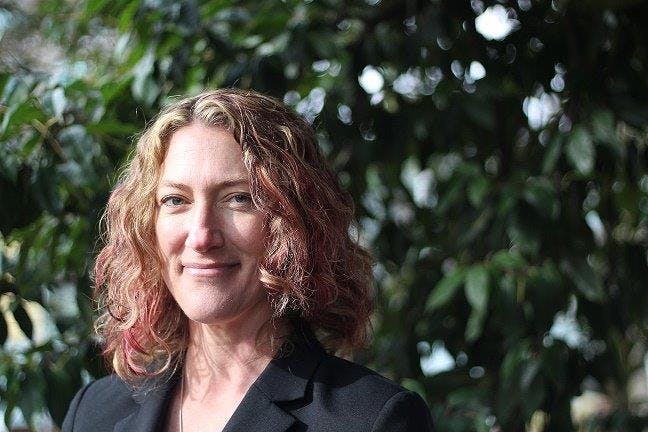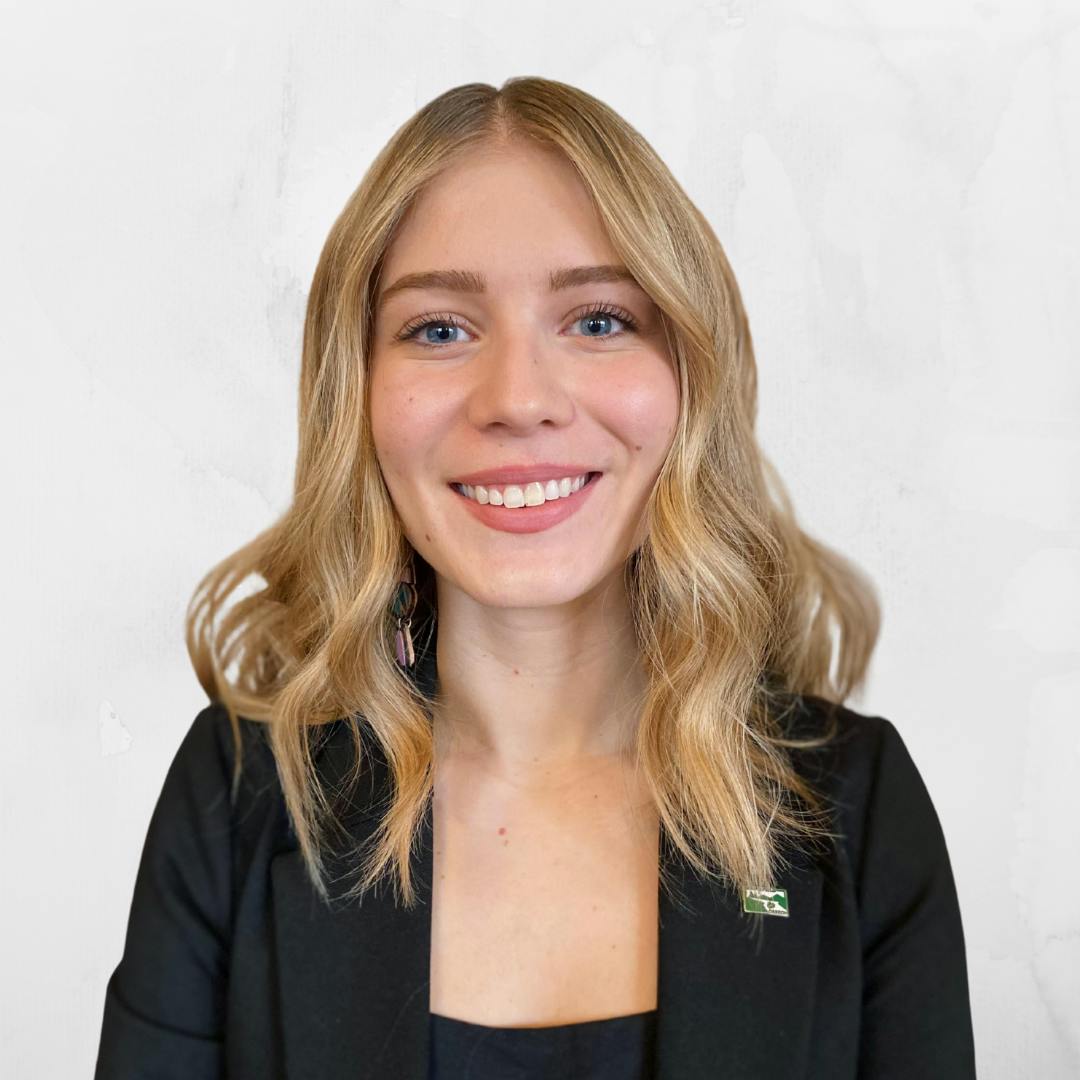Middle Housing
This project has concluded. Please visit www.eugene-or.gov/middlehousing for more information.
This project has entered the Adoption Phase! For complete project information, including meeting materials, project documents, and more, please visit the project webpage.
Project Background
Eighty percent of residential zoning in Eugene is designated for single-family homes, yet young adults, smaller families, and the growing population of elderly need housing options that increase access to public transportation and services reduce maintenance costs and provide more social opportunities. The Eugene Middle Housing Project will revise the Land Use Code to improve housing choices in the short term and affordability in the long term for Eugene residents.
In 2019, the OregonContinue reading
This project has entered the Adoption Phase! For complete project information, including meeting materials, project documents, and more, please visit the project webpage.
Project Background
Eighty percent of residential zoning in Eugene is designated for single-family homes, yet young adults, smaller families, and the growing population of elderly need housing options that increase access to public transportation and services reduce maintenance costs and provide more social opportunities. The Eugene Middle Housing Project will revise the Land Use Code to improve housing choices in the short term and affordability in the long term for Eugene residents.
In 2019, the Oregon Legislature passed House Bill 2001, requiring cities to allow more types of housing in residential areas, particularly in more traditionally single-family neighborhoods where housing choices are limited. Revising Eugene’s Land Use Code to comply with House Bill 2001 will shape how our community develops and expand opportunities for where people can choose to live and what type of home they live in, and we want to hear from you! The Land Use Code will be amended to allow middle housing in residential areas by June 2022.
What is “middle” housing?
Middle housing refers to a range of smaller attached or clustered housing types that are typically built at a similar scale as single-family detached houses. The term “missing middle” housing was coined by urban planner Daniel Parolek to refer to housing that fits in-between single-family homes and larger apartment buildings but that’s largely been missing from most cities’ neighborhood patterns for the last 70 years. Middle housing can include duplexes, triplexes, quadplexes, townhouses, cottage clusters, accessory dwelling units (ADUs), courtyard apartments, and other similar housing.
 A Eugene Duplex A Eugene Duplex |  A Eugene Triplex A Eugene Triplex |  A Eugene Quadplex A Eugene Quadplex |
Why is it missing?
Middle housing is considered “missing” because relatively little of this housing has been built since the 1940s. Middle housing was common in neighborhoods in most communities prior to World War II. There are many local examples of middle housing in Eugene’s prewar neighborhoods. "Redlining” and other discriminatory lending practices were used to exclude non-white residents from many of these neighborhoods. Post-war prosperity and federal policies led to a building boom that ushered in an age of auto-dependent suburban development with large areas devoted to only single-family homes on large lots. Middle housing types were prohibited or significantly limited in single-family neighborhoods through zoning codes that categorized them as “multifamily housing”. Even today, a large percentage of Eugene’s neighborhoods do not allow most middle housing as an outright use. Meanwhile, in multifamily areas, developers generally build larger and denser housing such as apartment complexes. As a result, currently, most residents must choose between detached single-family homes or apartments.
For more information about House Bill 2001, check out the HB 2001 Fact Sheets or visit the project webpage.
We Want To Know What You Think!
Visit the "Project Updates" tool for up-to-date project happenings!
You will be asked to register or log in to your user account before providing your feedback. If you need some help with the registration process please read this guide
This project has concluded. Please visit www.eugene-or.gov/middlehousing for more information.
-
Land Use & the Climate
Share Land Use & the Climate on Facebook Share Land Use & the Climate on Twitter Share Land Use & the Climate on Linkedin Email Land Use & the Climate linkThe third of our Facebook Live events took place on February 18th live on our Facebook(External link)(External link) and focused on the connections between land use and sustainability. We were joined by a panel of 3 local experts: local private-sector planner and City of Eugene Sustainability Commissioner Kelsey Zlevor, Environmental and Climate Justice Coordinator at the Eugene-Springfield NAACP Aimee Okotie-Oyekan, and City of Eugene Sustainability Manager Chelsea Clinton. It is available to watch on our Facebook and below.Throughout the rest of February, we will be having more live events that focus on housing and costs, as well as housing and the student perspective! Keep an eye out for updates on our Facebook (External link)(External link)and Instagram(External link)(External link) when exactly these will be taking place, and we hope to see you there! -
Land Use & Equity: What are the Connections?
Share Land Use & Equity: What are the Connections? on Facebook Share Land Use & Equity: What are the Connections? on Twitter Share Land Use & Equity: What are the Connections? on Linkedin Email Land Use & Equity: What are the Connections? linkThe second of our Facebook Live events took place on February 10th live on our Facebook(External link) and focused on the connections between land use and equity. We were joined by a panel of 2 local experts, University of Oregon Law Professor Dr. Sarah Adams-Schoen and City of Eugene Human Rights and Equity Analyst Fabio Andrade. It is available to watch on our Facebook and below.Throughout the rest of February, we will be having more live events that focus on housing and the environment, housing and costs, as well as housing and the student perspective! Keep an eye out for updates on our Facebook (External link)and Instagram(External link) when exactly these will be taking place, and we hope to see you there! -
Where the Code Meets the Road: Land Use and Transportation
Share Where the Code Meets the Road: Land Use and Transportation on Facebook Share Where the Code Meets the Road: Land Use and Transportation on Twitter Share Where the Code Meets the Road: Land Use and Transportation on Linkedin Email Where the Code Meets the Road: Land Use and Transportation linkWe are excited to announce and invite you to join us this February for a series of live virtual events that discuss what land use has to do with a variety of different topics. The first of these events took place on February 4th live on our Facebook and focused on the connections between land use and transportation. We were joined by a panel of 3 local experts, Reed Dunbar, AICP and Senior Transportation Planner for Eugene, Andrew Martin, Development Planner at Lane Transit District, and Shane Rhodes, Transportation Options Coordinator for Eugene. It is available to watch on our Facebook and below.Throughout the rest of February, we will be having more live events that focus on housing and equity, housing and the environment, housing and costs, as well as housing and the student perspective! Keep an eye out for updates on our Facebook and Instagram when exactly these will be taking place, and we hope to see you there! -
State Requirements and Guiding Values and Principles from Outreach
Share State Requirements and Guiding Values and Principles from Outreach on Facebook Share State Requirements and Guiding Values and Principles from Outreach on Twitter Share State Requirements and Guiding Values and Principles from Outreach on Linkedin Email State Requirements and Guiding Values and Principles from Outreach linkThe administrative rules implementing the requirements of House Bill 2001 (Middle Housing in Medium and Large Cities, Oregon Administrative Rules Chapter 660, Division 46) establish, at minimum, code standards cities need to implement to comply with the requirements of House Bill 2001. The administrative rules were developed and refined over the course of a year by four groups of planning and development experts: the HB 2001 technical advisory committee, HB 2001 rulemaking advisory committee, Department of Land Conservation and Development staff, and were adopted at the December 9, 2020, Land Conservation and Development Commission meeting. The technical and rulemaking advisory committees included representatives from local jurisdictions, planners, developers, housing advocates, and others. Meeting packets and recordings and a full participant list are on DLCD’s Rulemaking web page.
An introduction to the minimum standards was given to the Planning Commission at their January 12, 2021 meeting. Additionally, on January 12th, Planning Commission reviewed a set of Guiding Values and Principles from our Fall outreach to guide the outreach and implementation process moving forward. These Guiding Values and Principles were informed by our Equity Roundtable, Local Partner Roundtables, student outreach, and Healthy Democracy Panel.
An in-depth presentation on the minimum standards and model code will be given at the upcoming February 1, 2021 Planning Commission Work Session.
-
Equity Roundtable Kicks Off
Share Equity Roundtable Kicks Off on Facebook Share Equity Roundtable Kicks Off on Twitter Share Equity Roundtable Kicks Off on Linkedin Email Equity Roundtable Kicks Off linkThe Equity Roundtable held its first meeting on November 19th. The Roundtable included representatives from organizations representing underserved communities and serves to provide an equity lens to the project. Representatives have been asked about worst outcomes and best outcomes of allowing more housing types in more places. This feedback will be used in addition to the feedback we receive through the Boards and Commissions Roundtable, Local Partners Roundtable, and Healthy Democracy Panel to form guiding values and principles for this phase of the project. The Roundtable will meet a total of 4 times and will have their next meeting in December.
-
Boards and Commissions and Local Partner Roundtables
Share Boards and Commissions and Local Partner Roundtables on Facebook Share Boards and Commissions and Local Partner Roundtables on Twitter Share Boards and Commissions and Local Partner Roundtables on Linkedin Email Boards and Commissions and Local Partner Roundtables linkOn November 28th and 29th, we held the Boards and Commissions as well as the Local Partners Roundtable meetings. The participants were representatives from groups outlined in the project's Public Involvement Plan and ranged from the Planning Commission to the Realtors Association. Since this first phase of the project is focused on developing guiding values and principles for implementation of the project, participants were asked about the worst outcome of allowing more housing types in more places and the best outcome of allowing more housing types in more places. Those best and worst outcomes will shape the creation of guiding values and principles.
-
Healthy Democracy Kicks Off
Share Healthy Democracy Kicks Off on Facebook Share Healthy Democracy Kicks Off on Twitter Share Healthy Democracy Kicks Off on Linkedin Email Healthy Democracy Kicks Off linkIn mid-October, 7,500 households in Eugene received a letter inviting them to be a part of our first-ever lottery selected Planning Review Panel, a partnership with Portland-based nonprofit Healthy Democracy. On November 1st, the EUGPlanning Facebook page hosted a Facebook Live event where the 30 panelists were chosen. The panelists will meet 14 times through spring 2021 and will provide a truly democratic lens to the project. The panel will begin meeting the week of November 9th and all meetings will be available to watch live- links are posted below the "Key Dates" section on this page.
For more information about the partnership and panel, visit the Middle Housing project webpage and the Healthy Democracy Eugene page.
Project Timeline
-
Phase 1: Public Involvement Plan/Approach
Middle Housing has finished this stage -
Phase 2: Design and Code Concepts
Middle Housing has finished this stage -
Phase 3: Code Writing
Middle Housing has finished this stage -
Phase 4: Adoption Process
Middle Housing is currently at this stage
Key Dates
Quick Poll
This project has concluded. Please visit www.eugene-or.gov/middlehousing for more information.
Who's Listening
-
Email tharding@eugene-or.gov -
Email smcginley@eugene-or.gov









